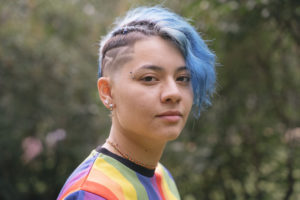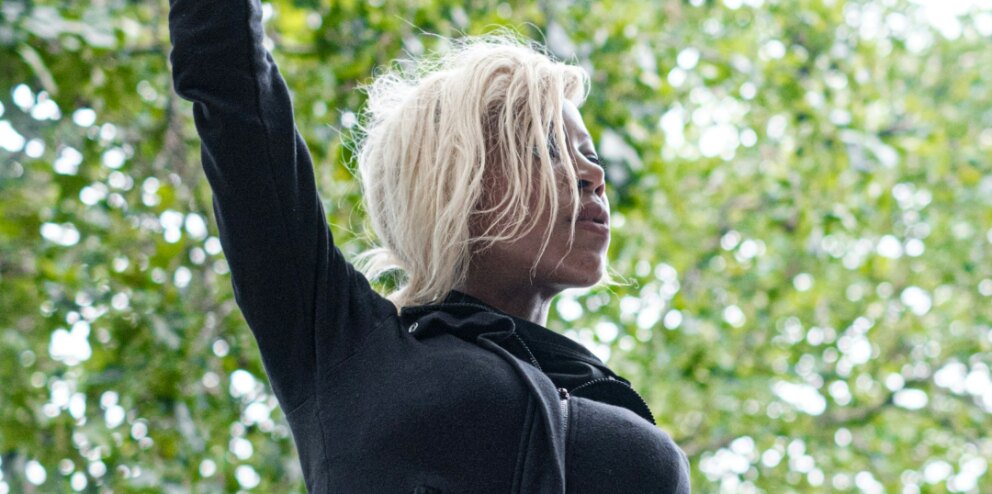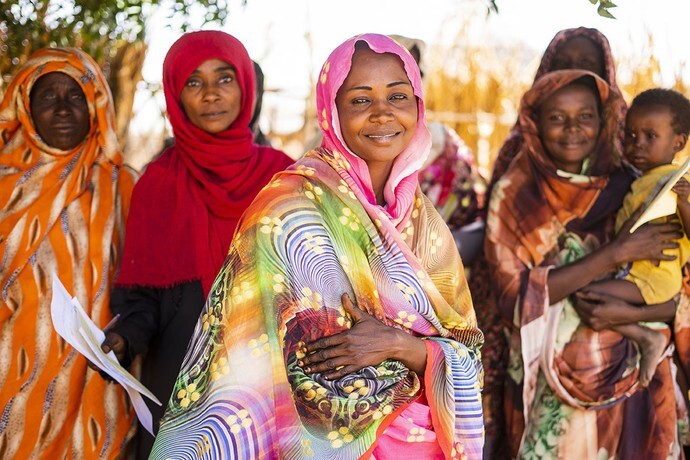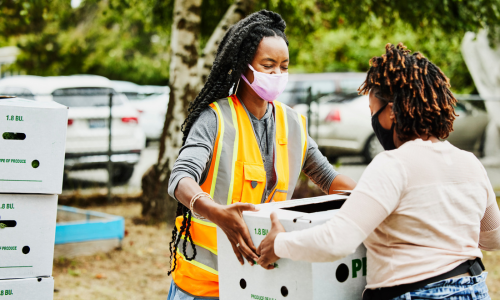This blog post was written by Julien R. Johnson, Drop In & Youth Services Coordinator, Project 10.
This last year and a half has been an extremely challenging period of time for 2LGBTQ+ youth given restrictions and challenges brought on by COVID-19. From the Republican attacks on young trans people’s right to exist, and trans people’s involvement in sports in the United States, to increases in violent, racist hate crimes and police brutality across North America —young people in marginalized communities hear the messages our politicians and neighbours are saying loud and clear: “Your issues don’t matter to us.”

Breaking Through Barriers Faced by 2LGBTQ+ Youth
Project 10 (P10) is a 2LGBTQ+ space and resource for youth between the ages of 14-25 located in Montreal, Quebec. As an intervention worker, I not only deal with the repercussions of the issues mentioned above because of my own identities, but because of the youth I meet with weekly and the concerns they voice. At P10, our services are based on breaking the chains of isolation and individual support services. We support youth in all different times and spaces of their lives through group meetings, accompaniment, gender affirming clothing, harm reduction materials and individual support. We also host regular activities focusing on services that are often inaccessible for queer and trans young people. Full Circle, a major program at P10, focuses on QTBIPoC youth (queer and trans Black, Indigenous, and other People of colour) and offers closed workshops for racialized members of the 2LGBTQ+ communities, often based in different art and history.
Our responsibility at P10 is to name, acknowledge and take action on the barriers faced by queer and trans youth that are often unaddressed and ignored. Because of extreme increases in isolation due to COVID-19 and all of the combined social issues brought to light during the stay-at-home orders and other public health measures, the youth we work with are facing new barriers.
A New Normal for 2LGBTQ+ Youth During COVID-19
Isolation is not something new to our communities. As a result of societal queerphobia and transphobia, queer and trans people have long suffered in silence without folks to connect with and affirm us. The enormous effect of the HIV/AIDS crisis caused the autoimmune disorder to became synonymous with gay, Black, and trans identities and pushed communities into silence and shame. Similarities between the HIV/AIDS crisis and COVID-19 including fighting discrimination, destigmatization, and problems with distancing and isolation have been drawn beautifully by Gary Kinsman if you’re looking for more information on the topic.
At Project 10, we have been working to adapt to these new realities and needs so we can efficiently reach out to the most marginalized youth in our communities. Our offices used to be a space where youth could come and physically hang out, but are now closed due to COVID-19. We are working on connecting with those youth who may not have access to the internet, a phone, or a supportive home environment. There are many participants of Project 10 who don’t have a space to relax, to be vulnerable, or to be alone. One of the ways we have been addressing the loneliness of quarantine is through hosting weekly online meetings where we talk about everything and nothing. Topics range from sexual education, grieving, sports, movies, books, music, memes, struggles, enormous challenges, and difficult conversations. Often, the meeting goes by so quickly, and while most are tired of being online all day and staring at their computers, we really have a lot of fun. These groups have been a space where youth have tried out new names and pronouns. It has been a space for suggestions, recommendations, jokes, and the truth. I find most of my socializing also comes from these meetings. The resilience and realness of these youth is never lost on our staff or volunteers.
We often assume that 2LGBTQ+ people are confused and unsure of themselves, especially when it comes to youth. Based on the youth I have met in my 3+ years at this organisation, I can say we are just as confused as cisgender or heterosexual people — but not necessarily about our identities, often they are the things that ground us the most. For young people it can be extremely difficult to find community. How can you do so without talking to your parents or guardian? How do you look up information on certain subjects on the shared family computer? How do you have these conversations without other people at school finding out? Essentially, we try to provide an environment where youth can find each other and have the space to connect on their own terms. Project 10 will always work to remain a space where these positive encounters and affirming experiences can happen. There is one youth in particular that comes to mind who thanks me often for P10 hosting our weekly groups, saying it is her only social interactions where her identity is taken seriously.
About Project 10
We have been able to offer some amazing services thanks to the fundraising work we have done over the past year(s). We have been able to provide all our material items via private delivery services, and even provide financial support for mental health appointments and emergency situations. As we continue to provide free essential items like menstrual products, safe sex material, binders, gaffs, breast forms, packers, and more, we hope we can carry on with more services to meet the needs of low income, marginalized, queer, and trans youth.
Learn more and make a donation in support of Project 10 today. Visit https://p10.qc.ca/ for more information.
Updated on November 4, 2024
Donate Now




